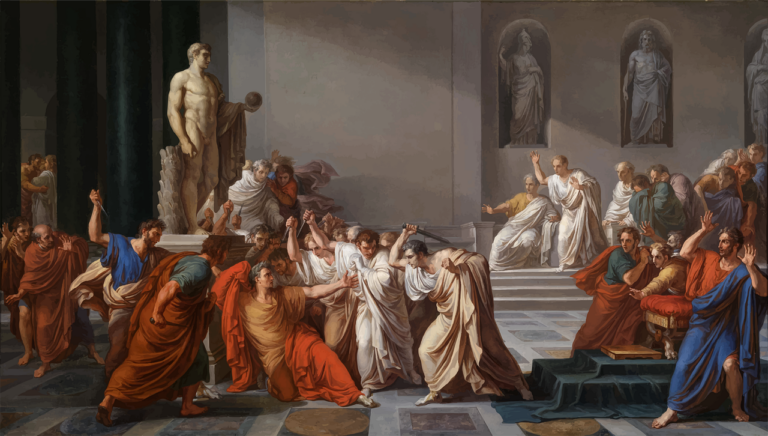
One major philosopher sired by the British isles we call all be proud of is John Locke, who was born in Somerset, England, and educated at Christ Church, Oxford, where he studied medicine, science, and philosophy. It was Locke who championed epistemological philosophy and empiricism. Locke believed that our knowledge of the world is based on sensory experience and that our understanding of objects and their properties is shaped by our perceptions and interactions with them.
In his magnum opus, Essay Concerning Human Understanding, we know Locke touched on many areas of inquiry, but this article will be about only one area of his inquiry which I wish to touch on and that is his thoughts about solidity. To give some context, Locke’s ideas on solidity were part of his broader theory of knowledge and perception, which emphasized the role of experience and observation in shaping our understanding of the world around us. Anyway let us begin with his quote
“We receive this idea from touch. The idea of solidity we receive by our touch: and it arises from the resistance which we find in body to the entrance of any other body into the place it possesses, till it has left it.”
In this quote, Locke is explaining his theory of how we acquire the idea of solidity. By us engaging in this simple action through the sensation of touch, we acquire the idea of solidity. The resistance we feel when our hand pushes against an object demonstrates an impenetrability characteristic of the solid. Here are some more thoughts by Locke:
“Whether we move or rest, in what posture soever we are, we always feel something under us that support us, and hinders our further sinking downwards; and the bodies which we daily handle make us perceive that, whilst they remain between them, they do, by an insurmountable force, hinder the approach of the parts of our hands that press them.”
And
“That which thus hinders the approach of two bodies, when they are moved one towards another, I call solidity.”
It’s not just tangible resistance that defines solidity, but also its relationship with space. Locke introduces the idea of solids filling space, and by its very mode of being any solid substance occupying a specific region of space in such a way excludes all other solid substances from occupying that space.
So we know that Locke believed that we come to know the concept of solidity through our experience and observation of the world around us. However, I believe that the process is more dynamic and interactive than Locke’s theory suggests.
When we experience and observe the world, we are not passive receivers of information. Rather, our experience and observation of objects are shaped by the interaction between the subject (the perceiving individual) and the object (the tangible solid). In order to experience solidity, there must first be a perceiving subject who is actively observing and experiencing the solid object. The tangible solid then becomes the object of the perceiving subject’s mind, and the process of perception involves a dialectical interaction between the two.
This dynamic interaction between subject and object is what gives rise to our perception of solidity. It is not simply a matter of the object being perceived in isolation, but rather a process of active engagement and interaction between the subject and the object. By recognizing the interactive nature of perception, we can gain a deeper understanding of how we come to know the world around us, and how our perceptions are shaped by the complex interplay between ourselves and the objects we observe and experience.

